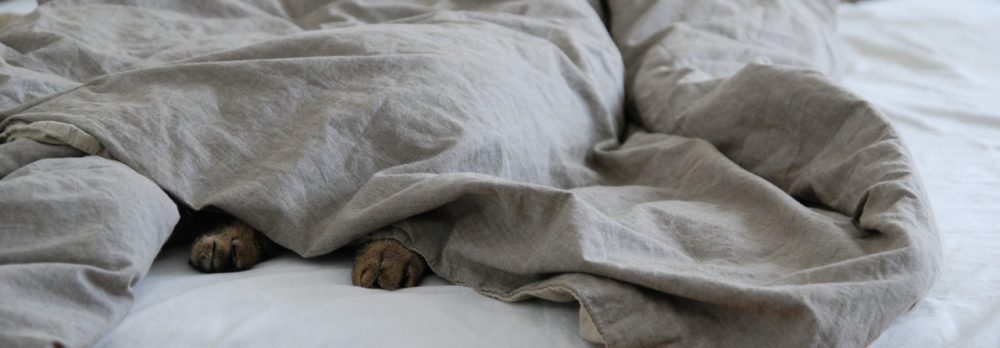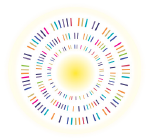Sleep is crucial to our wellbeing and, the older we get, the more so. Sleep is when our body can repair its self, when our brain can lay down new neural pathways, when we store and sort our memories, when we rejuvenate and restore our nervous system. Asking a patient about their sleep is a baseline question that will give a Naturopath essential information about how to help them.
So why is it that so many people don’t sleep well? After you’ve cleaned up your sleep hygiene, here are some other areas you might want to address:
Give up Daily Caffeine
One of my first recommendations is for patients to get off caffeine if they have sleep problems. Caffeine is not only a stimulant, but a very strong drug. That’s why we are addicted and coffee shops are thriving businesses! For many people, as they age, they have less ability to metabolise the caffeine. If you’re having multiple cups of caffeine throughout the day, the enzyme pathways in your liver for detoxifying caffeine are going to be depleted. This means caffeine can take longer to break down and the caffeine may remain in your system long enough to cause a problem with sleep.
Get the Nutrients to Support Your Hormones
The hormones that are important for sleep include Melatonin and Serotonin. Melatonin is our main sleep-inducing neurotransmitter. 5-htp (5-Hydroxytryptophan) is a brain chemical that is a vital building block of the neurotransmitter Serotonin. These two neurotransmitters are part of the same pathway and we know that protein is vital for the production of both – as is B6, Magnesium, B1, Zinc, vitamin C, Folate (natural, not synthetic folic acid – but that’s a whole other story!). Eating a range of healthy, whole foods, including adequate protein, leafy greens, fresh fruit and vegetables and unprocessed foods generally will support the production of these hormones. Some people might also require a good quality multivitamin with activated B vitamins and extra magnesium.
One of the metals in our diet that blocks this process process is Copper. Copper blocks Zinc, B1, Folate, Iron and Magnesium from working effectively in this cascade. Copper and Zinc have an inverse relationship – high copper often occurs when Zinc is low and vice versa – and I often find patients’ blood tests that show a copper to zinc ratio which needs to be addressed.
Where are we getting the copper from? Well, copper pipes in most of the old plumbing of course! Also from chlorinated water. So make sure you get a decent water filter that eliminates heavy metals and if you or your child are regularly swimming in chlorinated pools, I’d consider checking in with a naturopath to assess where both iodine and zinc and copper levels are sitting.
Another concern to be considered is exposure to the pesticide Glyphosate (Round Up). Glyphosate affects the biochemistry of the plant so much that it fails to make Tryptophan, which is required in the production of Serotonin and Melatonin. So if you are eating crops that are sprayed, you may be causing problems with your own biochemistry. The best option is to choose organic produce, particularly those fruits and veggies on the Dirty Dozen. However, glyphosate exposure is also occurring by air and rain, and is sprayed all over the place by local councils in Australia so it is a massive issue.
Try Herbal Medicines
On the positive side there a many herbal medicines that are safe and non-addictive to help with poor sleep. People often misunderstand herbal medicines for sleep. They are not going to make you groggy, nor are they addictive like their pharmaceutical counterparts – they are effective but are not going to knock you out cold like a drug will. Personally, as I’ve gotten older and found the odd night when I’m having trouble sleeping (particularly around the full moon or if I’ve indulged in too much caffeine!) I keep a bottle of herbs beside my bed to help me quickly go back to sleep.
Here are few herbs that work well for sleep:
* Please note, the most effective way to use these herbs is with a custom prescription of liquid extracts made up by a qualified Naturopath.
- Passionflower
- Zizyphus
- Withania
- Kava
- Valerian
- Vervain
In Chinese herbal medicine a similar range of sedative and nervine herbs are used effectively. The “syndromes” addressed are Heart Qi deficiency, that is the heart meridian is affected as well as often Liver Qi stagnation which in western terms is all about stress and frustration. Prolonged stress or emotional strain commonly lead to insomnia. Qi (Energy) and Blood (Nourishing) herbal formulas are also excellent at improving insomnia. The pattern of symptoms you might see for this include insomnia, palpitations, inability to sleep due to over active mind, poor memory, fatigue and muscular weakness, shortness of breath, pale complexion, loose bowel motions, and dry skin.
If you’d like to talk to one of our naturopaths about your unique experience, we would love to help. Find out more >



